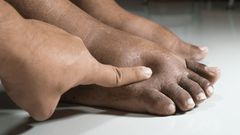Nigeria’s baby care industry saw a significant milestone this week as Flora Kids officially launched its ultra-modern production facility alongside the debut of its premium baby diaper range. The unveiling, which reportedly took place on Wednesday, November 27, signals a new chapter for parents across the West African region in search of quality, reliable products for their newborns.
Flora Kids’ new diapers are crafted using advanced absorbency technology and skin-friendly materials, designed to offer superior protection and comfort for babies. According to company statements at the launch, the goal is to ensure infants remain dry and safe throughout the day, even in the hot and often humid West African climate—a concern frequently raised by mothers in Nigeria, Ghana, and beyond.
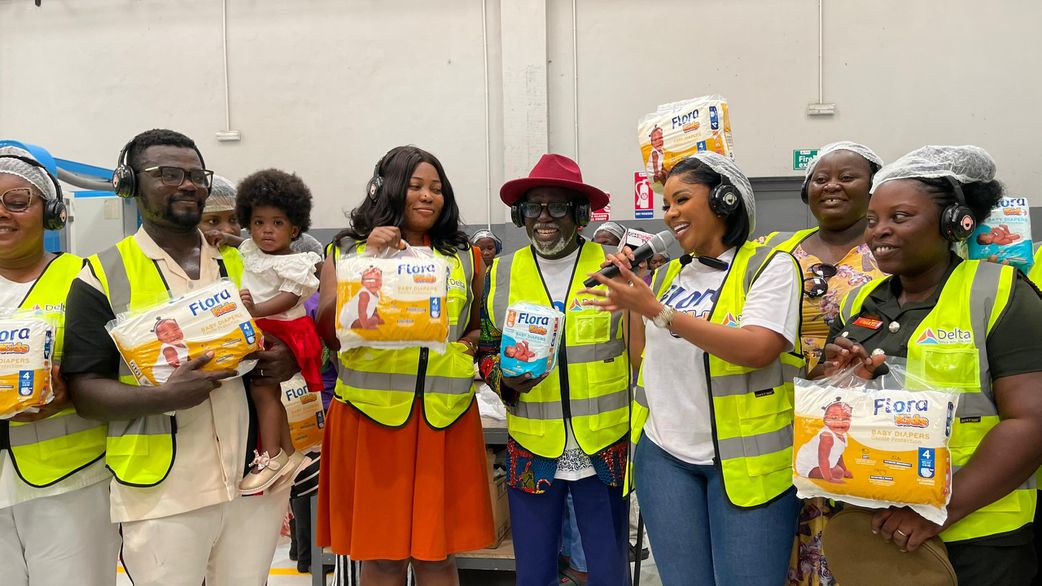
Flora launches state-of-the-art factory for Flora Kids Diaper line
Industry watchers say the production plant—equipped with the latest automation systems and rigorous quality controls—positions Flora Kids to compete with global multinationals while meeting African-specific needs. Advanced machinery installed at the site reportedly allows for large-scale manufacturing without compromising product standards, potentially helping to reduce supply chain gaps and dependence on imports.
“We are investing in tomorrow,” explained Jade Skaf, Executive Director of Marketing and Sales for Flora Kids, during the grand opening event. “Our facility is more than just a factory; it’s part of our vision to offer African families safe, affordable, and high-quality diaper options that match or exceed what’s available elsewhere in the world.”
According to the Nigerian Bureau of Statistics, locally manufactured consumer goods—particularly in health and childcare—have seen steady growth since 2020 as more families look to support indigenous brands. Analysts say moves like Flora Kids’ could stimulate competition and foster price reductions, especially as disposable diapers remain a staple in urban centers from Lagos to Accra.
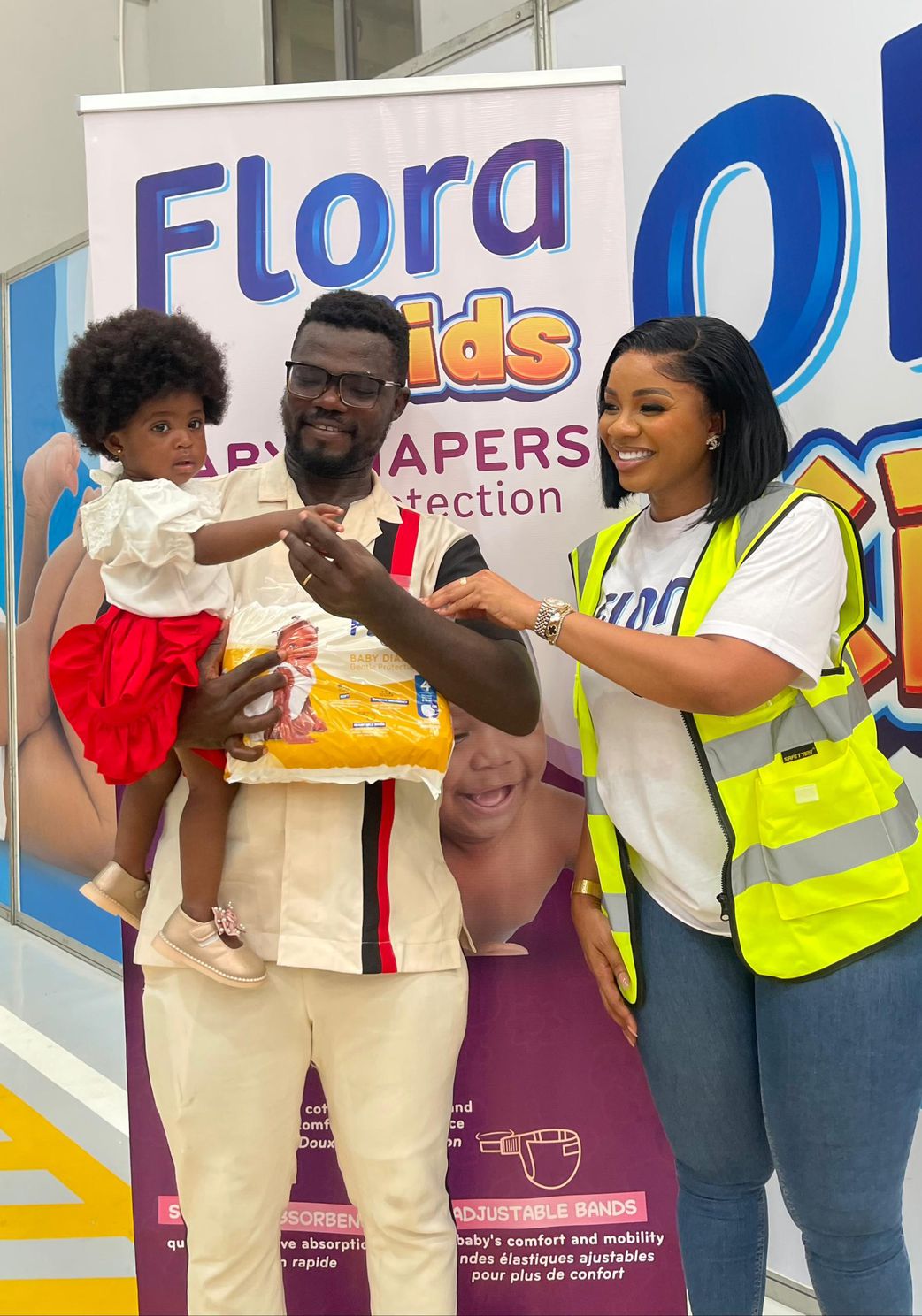
Flora launches state-of-the-art factory for Flora Kids Diaper line
Company executives at the event outlined their broader ambitions. Barbara Incoom, the brand’s Director of Marketing, reported that Flora Kids aims not only to expand its footprint in West Africa but to make its brand a household name in child care domestically and abroad. “Our vision is to be synonymous with trust and care, to be top-of-mind for every Nigerian and Ghanaian mother,” Incoom remarked, referencing their strategic efforts to enter new markets and reach more families.
Market analysts, such as Abuja-based economist Dr. Oladeji Kareem, have noted that such investments in local manufacturing come at a crucial time. “By boosting capacity in Nigeria and Ghana, Flora Kids is helping reduce Africa’s over-reliance on imported childcare products—a sore point for parents facing rising costs and currency volatility. If the company maintains quality, it could challenge leading multinational brands and drive innovation within the market.”
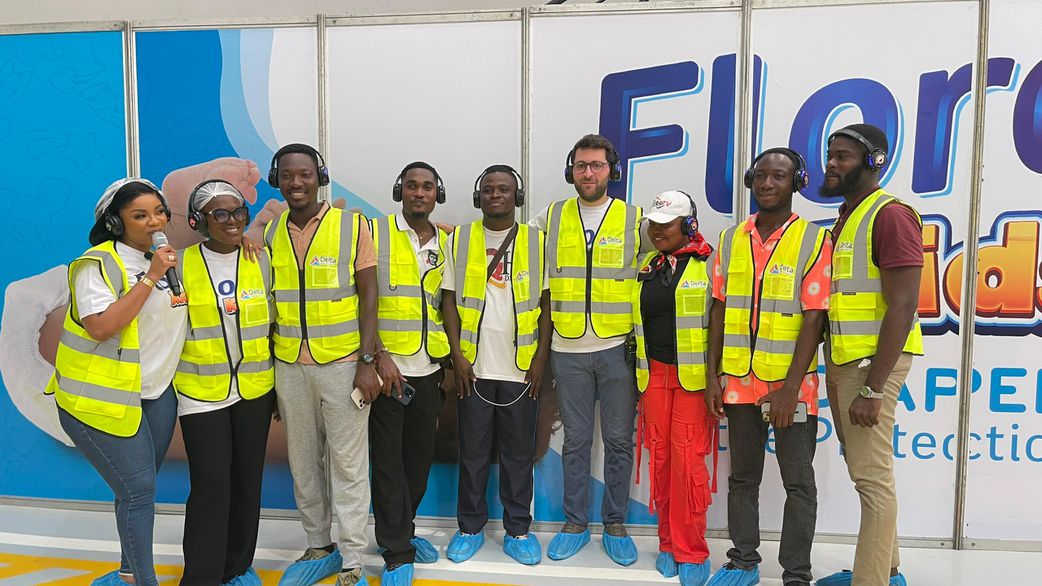
Flora launches state-of-the-art factory for Flora Kids Diaper line
Another highlight of the event was the appointment of two brand ambassadors: Asesewa Princess, who will partake in promotional campaigns, and renowned media personality Serwaa Amihere. Their involvement is seen as a move to connect even deeper with families and communicate the brand’s values in relatable ways. “It’s important to have trusted voices sharing our story,” one Flora Kids spokesperson told journalists, emphasizing the value of local celebrities in West African marketing campaigns.
According to Lagos-based marketing consultant Ifeoma Ogbuefi, ambassador partnerships play a crucial role in building consumer trust: “Many shoppers in Nigeria and Ghana look to brand ambassadors for assurance, especially regarding products for their children. It helps bridge the trust gap when a recognizable figure stands behind a local brand.”
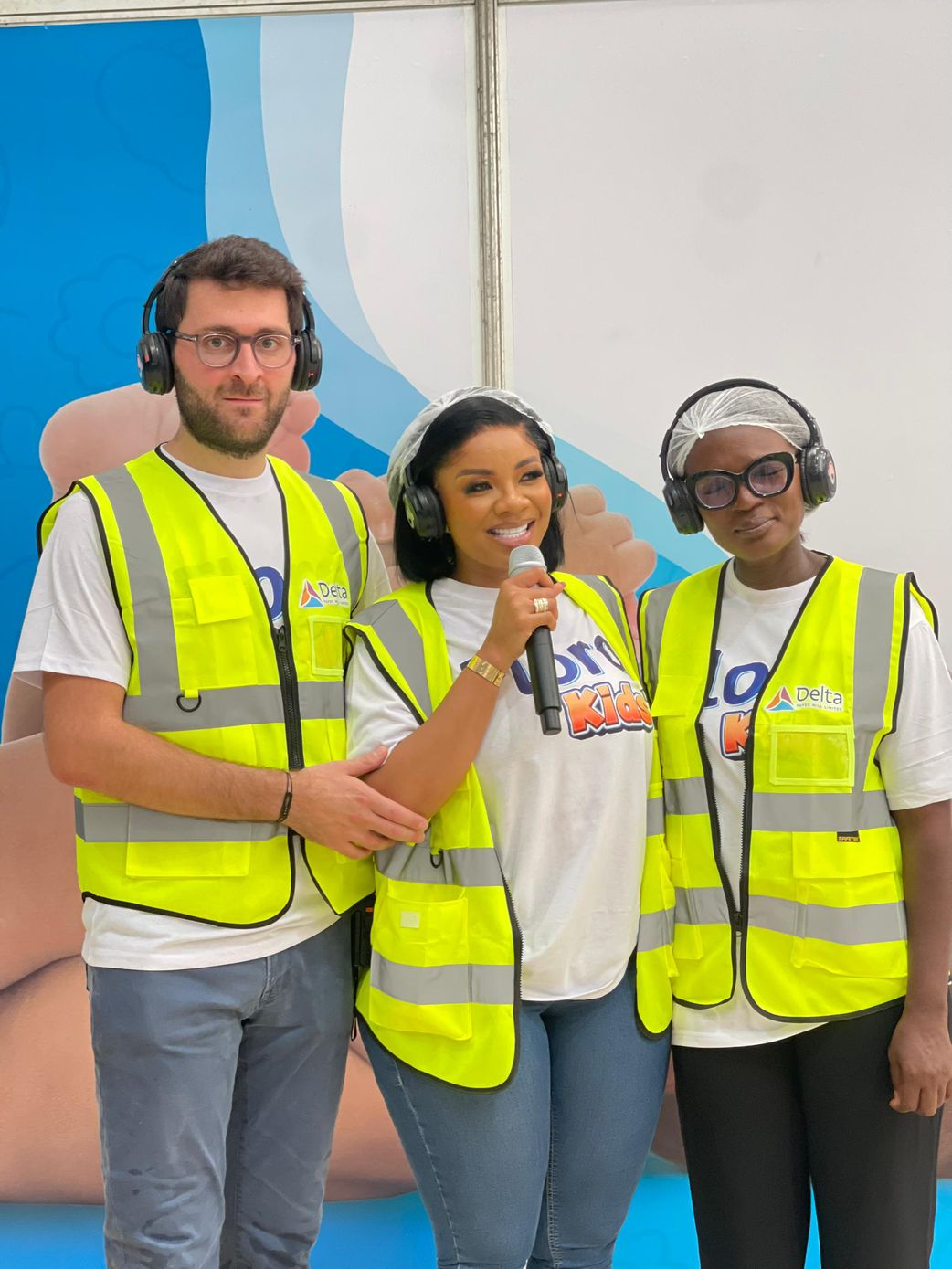
Flora launches state-of-the-art factory for Flora Kids Diaper line
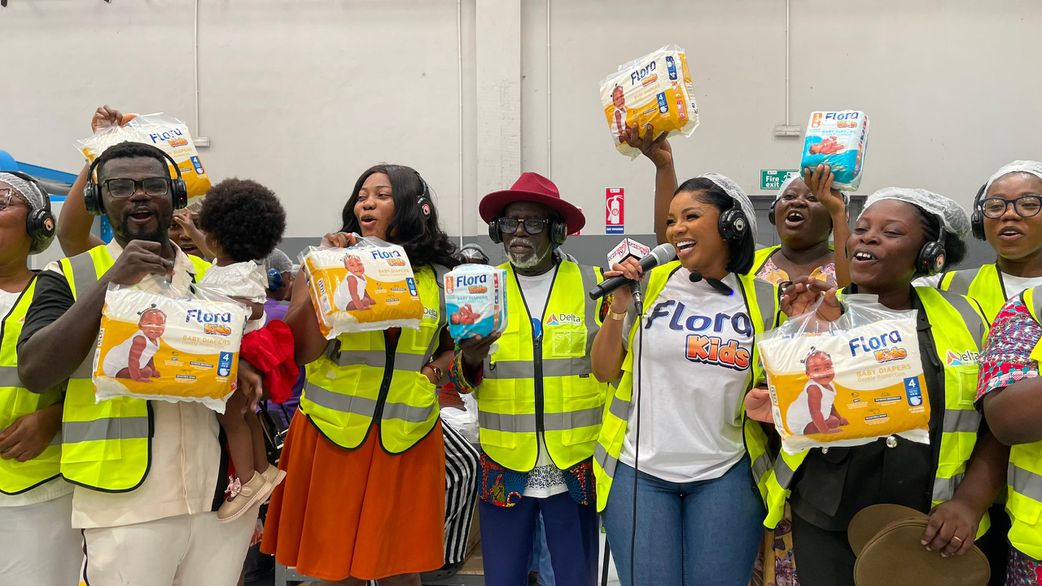
Flora launches state-of-the-art factory for Flora Kids Diaper line
Flora Kids’ bold entry into the diaper market reflects a wider trend across Nigeria and Africa, where homegrown startups and established brands alike are moving to strengthen local manufacturing and respond to unique regional challenges. While Nigeria’s infant population is among the fastest growing worldwide, many mothers cite accessibility, affordability, and product reliability as their biggest concerns when it comes to baby care essentials.
Challenges remain—for Flora Kids and all players in the industry. Power supply, logistics, and fluctuating raw material costs are regular hurdles, as noted by manufacturers’ associations across West Africa. “Production is only one side,” observed Joseph Tetteh, a Ghana-based supply chain analyst. “Distribution, pricing, and gaining the trust of parents will take concerted effort. But this move by Flora Kids is a clear signal that African companies are ready to meet continental demand on their own terms.”
- Local Impact: More families in Nigeria and Ghana could access affordable, quality diapers as the company scales up distribution, potentially reducing the dominance of foreign brands.
- Economic Benefits: Flora Kids’ investment may spur job creation, technology transfer, and training opportunities, supporting local communities and skills development.
- Health and Safety: If the company upholds its strict quality measures, parents may gain greater confidence in using domestically-produced products that cater to African climates and skin sensitivities.
From a global perspective, industry analysts say success for Flora Kids could inspire further investment in Nigeria’s manufacturing sector, attracting partnerships and fostering economic growth. The trend mirrors broader efforts to build African self-sufficiency, especially in sectors crucial to family health and well-being.
As more African-owned brands step forward, the race isn’t simply about who can make the most products—it’s about earning trust, sustaining quality, and supporting the unique needs of African families. Flora Kids appears ready to face these challenges head-on, but as many experts point out, sustained success will require ongoing investment, community engagement, and a commitment to continuous improvement.




